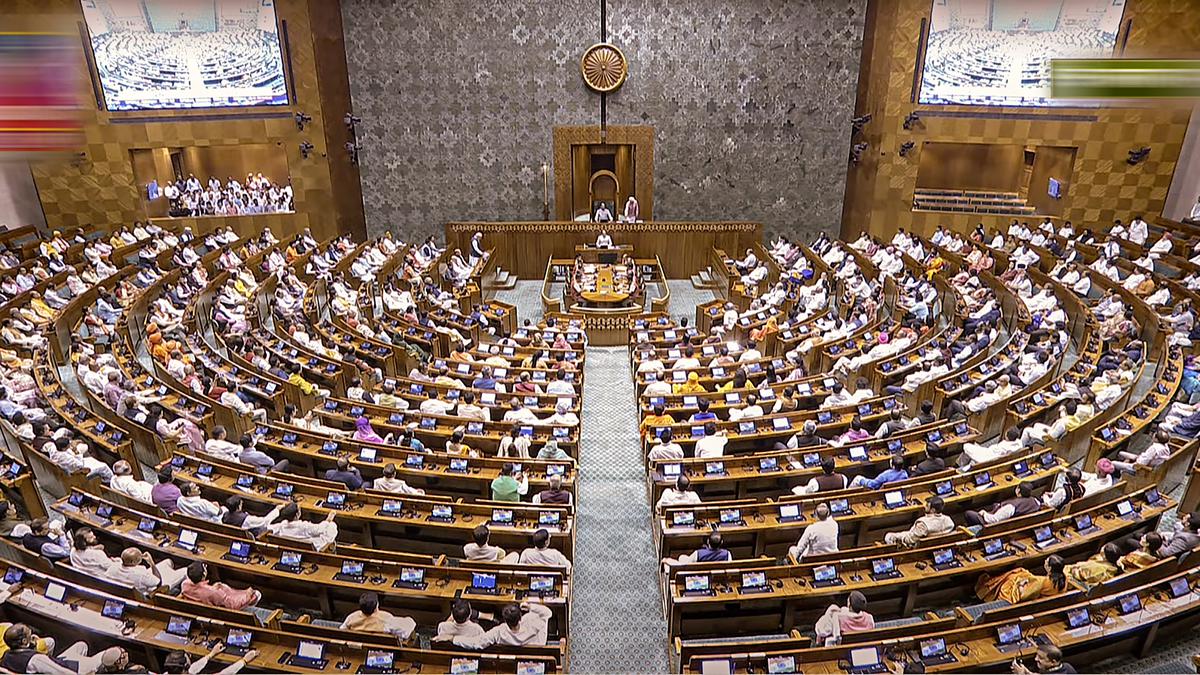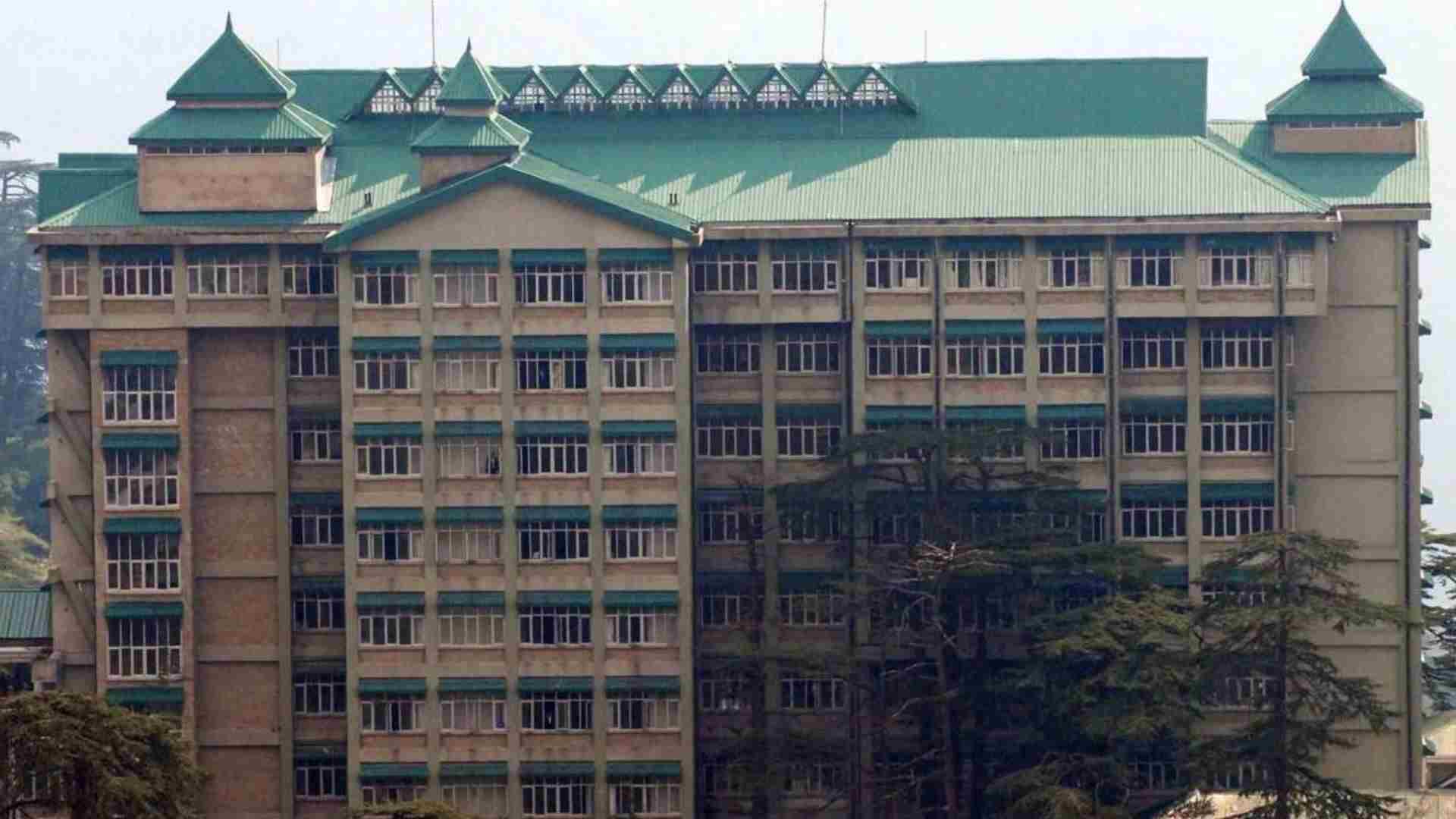
The impending passage of the Central Government’s Nari Shakti Vandan Act Bill-2023 is poised to bring notable changes in Haryana’s representation in the Lok Sabha and the state assembly, setting aside a significant number of seats for women.
Upon the enactment of the bill, 30 assembly seats and three Lok Sabha seats will be reserved for women. However, the fruits of this legislative move will not be seen in the upcoming 2024 elections due to logistical reasons. Meanwhile, women continue to benefit from a 50% reservation in panchayats, a system already in place in Haryana.
A delimitation process scheduled for 2026 is expected to reshape the political landscape further. Based on population growth projections, the Lok Sabha seat count might increase to 13, with four reserved for women. Simultaneously, the assembly could see an expansion to 117 seats, inclusive of 39 reserved for women.
Historically, the political arena in Haryana hasn’t been particularly favourable to women, with a mere six women securing victories in Lok Sabha elections over the past 45 years. Noteworthy is that no independent female candidate has triumphed in Haryana to date. Representation from several districts, including Karnal, Rohtak, and Gurugram, has been non-existent, underscoring the dire need for enhanced women’s participation in politics.
Commenting on the development, Haryana BJP state president OP Dhankhar referred to a Punjabi film, “Gode-Gode Cha,” highlighting women’s historical struggles for representation and inclusion. He praised the Nari Shakti Vandan Act Bill-2023 for addressing long-standing demands for female representation at various governmental levels, affirming that the move would indeed foster women’s empowerment.
This landmark bill, hence, aims to break the barriers for women in Haryana politics, ushering in a new era of inclusive representation and echoing the demands of the public for greater female involvement in the political decision-making process. It brings with it hopes of a more equitable political space, where women, backed by legislative support, can lead and contribute substantially to the governance and development of the region.















